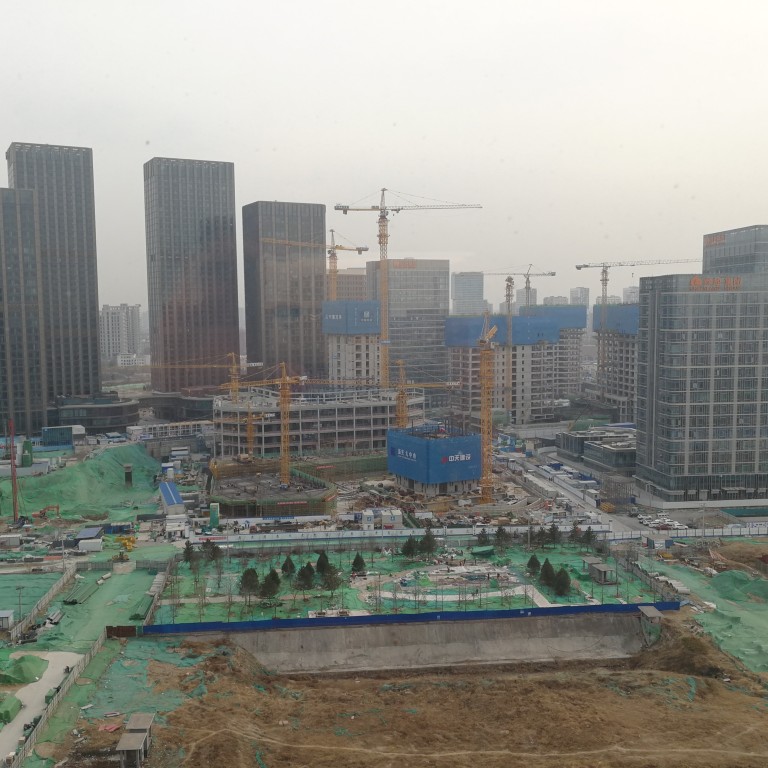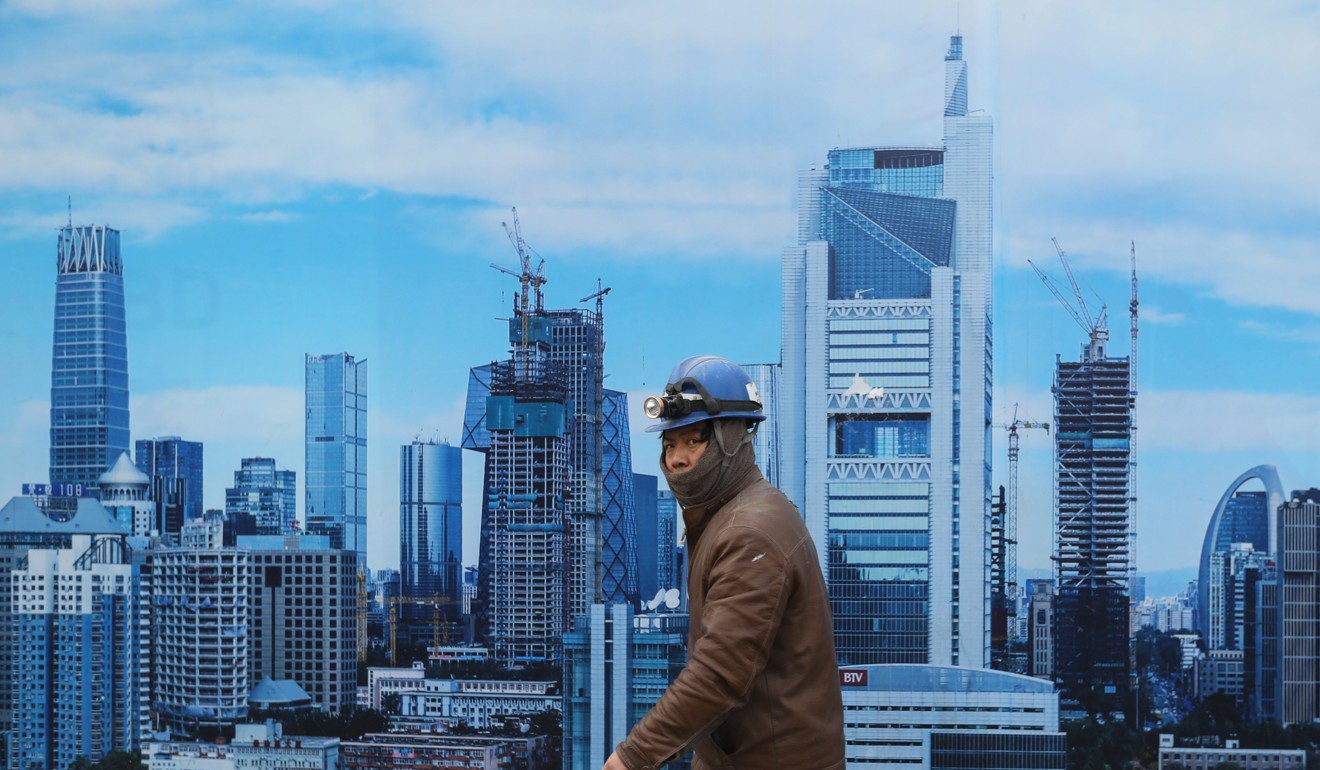
Why China’s housing market bubble won’t burst any time soon
- Some analysts are predicting the economy will implode, but the country’s economic and social model and its ongoing urbanisation drive make a home price collapse unlikely
It’s fair to say China is facing a property market bubble in the sense that housing prices are far beyond people’s affordability. The price-to-income ratio in cities like Beijing and Shanghai is around 23, meaning the average household would have to work for more than two decades, without spending, to buy a home. In Tokyo and New York, that ratio is much lower at about 13.
Some analysts are even predicting the Chinese economy will implode, including a collapse in housing prices, with or without external challenges such as the trade war with the United States.
But actually, there is little chance that the housing bubble will burst given China’s special economic and social model.

For ordinary Chinese, buying property is a hedge against currency devaluation from credit expansion. When China started its opening and reform in 1978, the balance of M2, the broadest measure of money supply, was only 116 billion yuan. By the end of last year, M2 had reached 180 trillion yuan (US$26.6 trillion) – more than 1,500 times the money supply 40 years ago.
That’s why Chinese have been eager to buy property since the housing marketisation of the late 1990s, and especially after 2008, when the government introduced a huge stimulus plan to boost the slowing economy.
Chinese state bank chief warns against buying property now ‘because there’s no money to be made’
The rapid expansion of credit in China has been good for the younger generation – it makes them much more optimistic than their parents. But the older generation has seen a rapid dilution of their pensions and savings, so if they want to leave something of value to their children, housing again is the best choice since property is one of the few assets they can hold ownership rights to.
Buying a home in a downtown area also means better access to infrastructure, goods and services. This is an important characteristic of China’s social model – that administrative departments are in charge of social resources distribution. So an area’s administrative centre is also its economic centre, as well as its transport, medical and education centres – it’s China’s “big government and small society” approach.
But it is important to note that most social welfare offered via these administrative centres goes to the local property owners, not to tenants. That explains why the home price-to-income ratio is so high and the rent-to-sale ratio is so low, even in the downtown areas of small cities.
If you’re going to buy a house in Hong Kong, live in it, warns tycoon Li Ka-shing as he forecasts global slowdown
In line with that allocation system, economic resources are also distributed by the government through a debt-driven investment model. China’s rapid economic development has been accompanied by a process of resource capitalisation through loans and debt, and the main collateral is land and real estate. So while higher housing prices provide more fees to the government through transfers of land use rights, governments and their finance vehicles – a special kind of state-owned enterprise – rely on high home prices to maximise the land value.
And when the debtors are mainly local governments and state-owned enterprises, credit expansion and inflation are inevitable. These are, after all, the people making economic policies, so it makes sense for them to reduce credit risk and repayment pressure by easing those policies. It also makes it very difficult to carry out a severe tightening of macro policy in China.
So without changing the land ownership system or privatising state-owned enterprises, all of these factors work together in a closed loop: higher home prices, higher land value, more investment capital, higher development rate, more credit supply, higher returns on assets, more people sharing paper wealth, and higher home prices.
A fifth of China’s urban housing supply lies empty, equivalent to 50 million homes
Value judgments aside, this system is sustainable when operating under certain conditions.
One condition is avoiding the risk of hyperinflation that comes from an overflow of liquidity. But the real economic risk for China now is deflation because of the “waste economy” brought by over-productivity and weak consumption, meaning there is no shortage of consumer goods to support hyperinflation.
Another condition is avoiding the risk of output not keeping up with demand – and that is the real danger for China’s economy. But considering China’s vast urbanisation process is still under way, and there is still a huge need for materials like steel and cement, investment demand itself will drive up output.
So it’s safe to say that until the urbanisation drive ends, property prices will fluctuate – but we certainly aren’t heading for a housing price crash any time soon.
Zhang Lin is a Beijing-based independent political economy commentator

